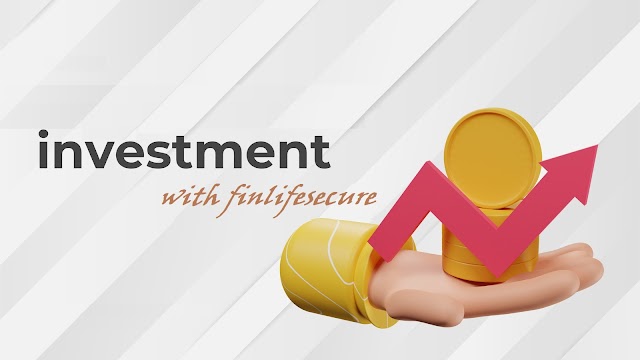A Term insurance plan is
a type of life insurance that provides death benefit protection for a specified
term period. It was designed to provide
coverage for a specific term period like 10 , 20 and 30 years, some companies
may offer more customized plan. Term insurance is often chosen by individuals
who are frequently travelling and having financial responsibilities. Term insurance offers substantial payout to
the family of the insurer, if he/she passes away during the policy.
Some
key features:
Coverage
Period: It provides coverage period in terms of duration,
which is typically set of number of years that is 10, 20 and 30 years. Companies may customize the package for to
attract more customers.
Death
Benefit: The term insurance provide death benefit to the
investors, if the insured person passes away during the policy term. This benefit is paid to the beneficiaries
according to the policy plan and it is tax free.
No
Pay out: Term
insurance does not accumulate a cash value, this means if the policy holder
survives the full term period, he will not get any amount.
Affordability: Since there is no any pay out or surrender
value, it is cheap and affordable as compared to other life insurance. Individual can start the policy at very low
cost or depending upon his/her medical report.
Fixed
Premiums: The Term insurance policy have fixed premiums for
duration of the term.
Mr. Srinivasan is a
professional financial advisor working for an MNC company in Mumbai. He is
married and has two children; his wife is a homemaker, and both children attend
a reputable school. Initially, he lived in a rented house but later decided to
purchase a flat in a prestigious area. To fund this, he took a loan of Rs. 80
lakh. Additionally, he acquired an SUV for daily commuting to the office and
for family outings on weekdays, with the car costing Rs. 20 lakh.
Srinivasan's total debt
includes:
Home Loan: Rs. 80 lakh
Car Loan: Rs. 20 lakh
School Fees: Rs. 4 lakh
per year (Rs. 2 lakh for each child)
Other monthly expenses:
Rs. 60 thousand (covering maintenance, electricity, gas, petrol, and other
necessary charges)
One day, while
traveling to Pune in his car, Mr. Srinivasan met with an accident and sustained
serious injuries. Unfortunately, he passed away before reaching the hospital.
As he did not have a term insurance policy, his family found themselves in
financial distress. With no external financial support, they not only faced the
prospect of losing their home and car but also had to leave Mumbai and relocate
to a village where his father resides.
Conclusion:
Had Mr. Srinivasan
timely secured a term insurance policy, his family would have been able to
navigate this unfortunate situation without the burden of financial strain.
They could have maintained their lifestyle without the need to abandon their
home and car, and there would have been no necessity to relocate from Mumbai.





